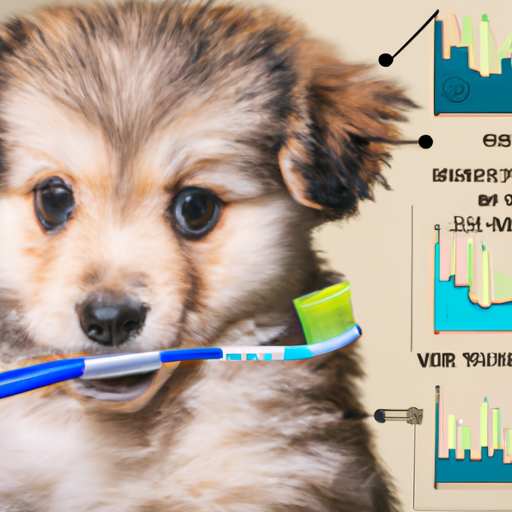As a caregiver for your furry friend, it’s essential to understand the development of their teeth. From their first adorable tiny puppy teeth to their adult canine chompers, dental health plays a key role in your dog’s overall well-being.
Understanding Your Dog’s Dental Development
Just as in human development, your dog’s teeth grow in stages. They start with a set of deciduous teeth, also known as “milk teeth” or “baby teeth”. These start to emerge when puppies are around 2 to 4 weeks old. However, these are just temporary.
By the age of 4 to 6 months, these deciduous teeth will start to fall out as the adult teeth begin to emerge. This process is often referred to as “teething” and can be a bit uncomfortable for your pup. During this time, you may notice increased chewing behaviors as your dog tries to alleviate the discomfort.
Recognizing the Signs of Teething
Identifying the signs of teething can help you provide comfort and appropriate chew toys to ease the transition. Here are a few signs to look out for:
- Increased chewing
- Drooling
- Missing teeth
- Red, swollen gums
- Change in eating habits
Types of Adult Dog Teeth
Your dog’s adult set will consist of 42 teeth, each serving a unique purpose. Here’s a breakdown of what you can expect:
| Type of Teeth | Number | Purpose |
|---|---|---|
| Incisors | 12 | Used for nibbling and grooming |
| Canines | 4 | Used for tearing and gripping |
| Premolars | 16 | Used for shearing and cutting |
| Molars | 10 | Used for grinding and chewing |
Caring for Your Dog’s Adult Teeth
Once your dog’s adult teeth have come in, it’s crucial to maintain good dental hygiene. Poor dental health can lead to a variety of problems, including bad breath, gum disease, and even heart disease. Here are some tips to keep your dog’s teeth healthy:
- Regular brushing with dog-safe toothpaste
- Providing dental chews and toys
- Regular check-ups with the vet
FAQs
Q: When do dogs lose their baby teeth?
A: Dogs typically lose their baby teeth between 4 to 6 months of age.
Q: How many teeth do adult dogs have?
A: Adult dogs have 42 teeth.
Q: How can I help my teething puppy?
A: Providing safe chew toys can help alleviate teething discomfort.
Q: How often should I brush my dog’s teeth?
A: Ideally, you should brush your dog’s teeth daily, but a few times a week can also be beneficial.
Understanding your dog’s dental development can help ensure they maintain a healthy mouth throughout their life. By recognizing the signs of teething, knowing what to expect, and keeping up with dental hygiene, you’ll be well on your way to giving your furry friend the care they deserve.



